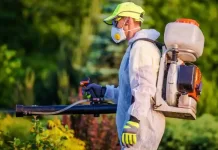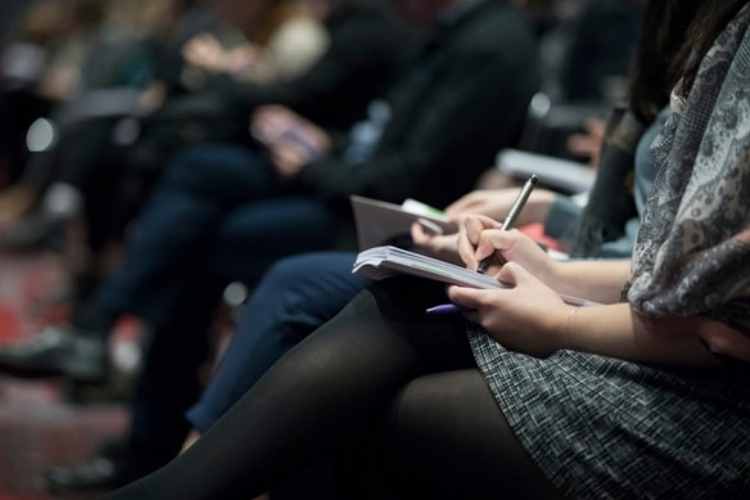Journalism school can be extremely rewarding, providing you with the skills and knowledge you need to enter into one of the most exciting and challenging professions. With a solid foundation in journalism, you will be well-equipped to pursue a career in this dynamic and ever-changing industry. Keep reading to learn more about what you can expect to gain from a journalism education.
Using Journalism Equipment
Knowing how to use journalism equipment is vital when you’re out in the field. The right hardware helps you get the story and tell it most accurately and effectively. For example, the best lavalier microphone can be used to capture the sound of an event. This is for journalists trying to create a story that includes sound bites. Additionally, a microphone can be used to record interviews.
Another piece of equipment you’ll learn how to use is a filming camera. A professional camera can capture high-quality photos or videos of events as they happen. This is ideal for journalists trying to tell a story, as it can give them visual evidence to support their claims. Additionally, a camera can be used to take pictures or videos of people who are being interviewed. This can help make the interview more personal and give the viewer a better understanding of the person being interviewed. You’ll also learn how to use equipment like laptops, tablets, and smartphones when you gain a journalism education.
Ethics in Journalism
Ethics in journalism refers to the principles that guide journalists in their work. These principles include things like accuracy, fairness, and balance. Journalists are also expected to act with integrity and avoid conflicts of interest. One of the most important aspects of ethics in journalism that you’ll learn in school is truthfulness. Journalists are supposed to report the facts accurately and without bias. This means checking their sources, getting both sides of the story, and being honest about what they know and don’t know.
Another key ethical consideration for journalists is impartiality. This means avoiding taking sides on controversial issues and reporting news objectively. It can be challenging, but journalists must present all sides of a story fairly and without editorializing. Journalists must be aware of their own biases and how they might impact their reporting, so it’s important to learn the effects of bias in school. It’s important to be objective and unbiased as much as possible, even when covering personal or close-to-home stories.
Writing for Publication
Print journalism is another facet of journalism education that you’ll spend a lot of time learning. Print journalism involves understanding the basics of good writing, such as using proper grammar and punctuation, crafting a solid lead, and developing a clear and concise writing style. It also includes learning how to target your writing for a specific audience and craft stories that are both informative and engaging. Plus, journalism students learn about the publishing process, from pitching ideas to editors to working with designers to create an appealing final product. You’ll also understand the importance of fact-checking and accuracy in reporting. If you’re unsure if you want to pursue print journalism or broadcast journalism, college guidance consultants can help you.
Interviewing Sources
Students in journalism school spend a lot of time learning how to plan and execute interviews. This involves developing relationships with people with knowledge or expertise on a particular topic to get firsthand information for stories. You’ll learn basic tips, including being prepared, being respectful, and taking your time. You’ll also learn how to prospect potential interviewees and the etiquette of questioning them. Journalism school also teaches you how to research so that you have a general understanding of what the person you are interviewing knows about the topic at hand. You’ll learn to come up with specific questions in advance to get the most out of your conversation.
Reporting From a Conflict Zone
If you’re interested in global journalism, you may need to learn how to report from a conflict zone. When journalists report from a conflict zone, they can provide much-needed information to the public about what is happening in a war-stricken area. This can help people understand the complexities of a conflict and how it affects civilians. In addition, reporting from a conflict zone can help raise awareness about human rights abuses and war crimes that are taking place. By bringing these issues to light, journalists can help pressure governments and other authorities to take action.
You’ll enjoy a rewarding education and a thriving career if you attend journalism school. Whether you’re interested in publishing or broadcast journalism, your degree will be a worthy investment.























